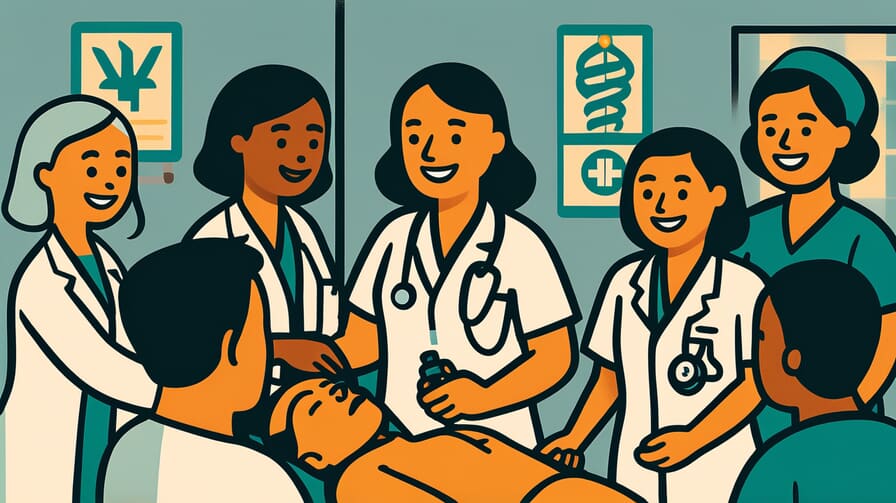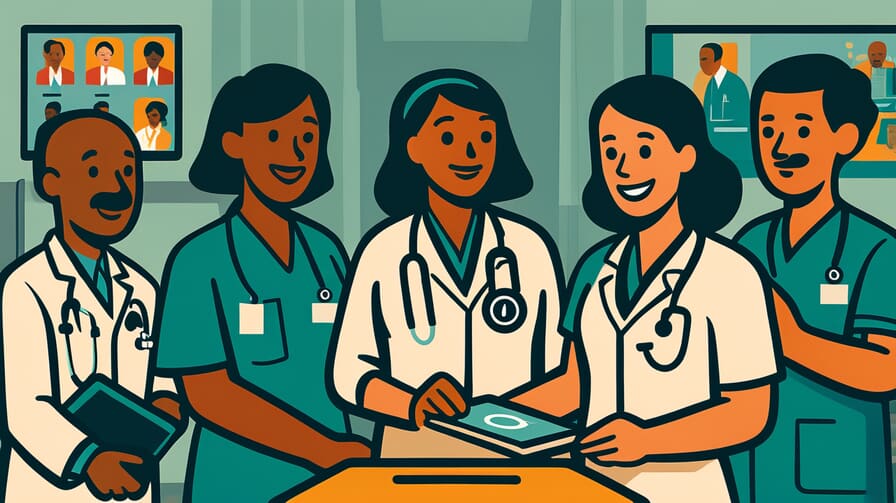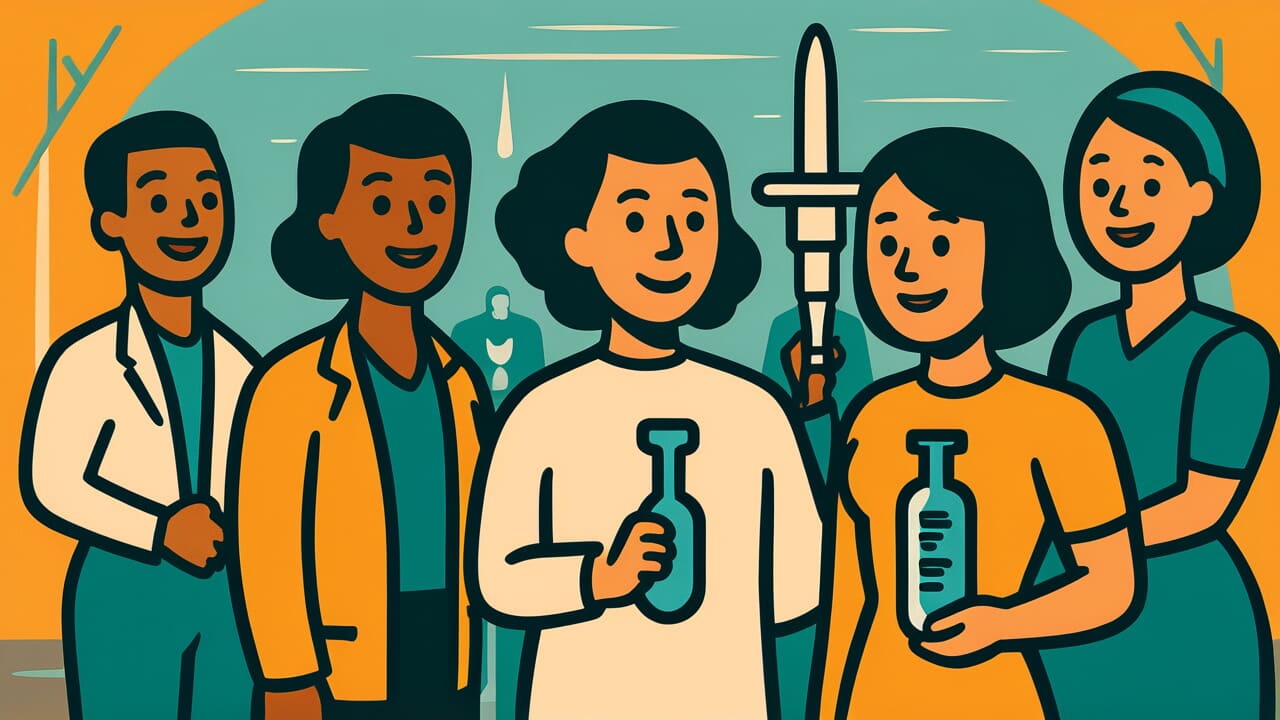[Disclaimer] This article is reconstructed based on information from external sources. Please verify the original source before referring to this content.
News Summary
The following content was published online. A translated summary is presented below. See the source for details.
The U.S. Department of State, in collaboration with Gilead Sciences and The Global Fund, has announced a groundbreaking PEPFAR (President’s Emergency Plan for AIDS Relief) initiative for 2025-2026. Senior Official Under Secretary Jeremy P. Lewin and Deputy Spokesperson Mignon Houston led a special briefing to discuss the Department’s response to HIV and unveil this innovative breakthrough. The initiative focuses on lifesaving and innovative approaches to combat HIV globally, emphasizing the importance of public-private partnerships. This collaboration aims to accelerate access to lenacapavir, a twice-yearly injectable HIV prevention drug, potentially reaching up to two million people in low- and lower-middle-income countries. Despite PEPFAR’s congressional reauthorization expiring in March 2025, the program continues to operate with bipartisan support and a proposed funding of $6.2 billion for fiscal year 2026. This initiative represents a significant step forward in the global fight against HIV/AIDS, aligning with PEPFAR’s goal to end HIV/AIDS as a public health threat by 2030.
Source: state.gov-Collected Department Releases
Our Commentary
Background and Context

The PEPFAR initiative has been a cornerstone of global HIV/AIDS response since its inception. This new collaboration between the U.S. Department of State, Gilead Sciences, and The Global Fund represents a significant evolution in the fight against HIV. The focus on innovative approaches, particularly the distribution of lenacapavir, a long-acting injectable preventive medication, marks a pivotal shift in HIV prevention strategies.
Expert Analysis
This announcement comes at a critical time in the global HIV response. Despite PEPFAR’s congressional reauthorization expiring in March 2025, the program’s continued operation and funding demonstrate its enduring importance. The slight decrease in proposed funding from $6.5 billion in 2025 to $6.2 billion for 2026 may pose challenges, but the program’s efficacy and bipartisan support suggest it will remain a powerful tool in combating HIV/AIDS.
Key points:
- The collaboration leverages public-private partnerships to expand access to innovative HIV prevention methods.
- PEPFAR’s continued operation despite expired reauthorization highlights its critical role in global health.
- The focus on lenacapavir distribution could revolutionize HIV prevention in resource-limited settings.
Additional Data and Fact Reinforcement
Recent global HIV statistics underscore the ongoing need for such initiatives:
- As of 2024, approximately 40.8 million people are living with HIV worldwide.
- In 2024, about 1.3 million people became newly infected with HIV.
- Around 31.6 million people were accessing antiretroviral therapy in 2024.
Related News
This initiative aligns with recent global efforts to expand access to HIV prevention and treatment. It follows the trend of developing long-acting preventive and treatment options, which could significantly improve adherence and reduce transmission rates in high-risk populations.
Summary

The collaborative PEPFAR initiative between the State Department, Gilead Sciences, and The Global Fund represents a major step forward in global HIV prevention and treatment. By focusing on innovative approaches like lenacapavir distribution, this partnership has the potential to significantly impact HIV rates in vulnerable populations. Despite funding challenges, PEPFAR’s continued operation and evolving strategies demonstrate the ongoing commitment to ending HIV/AIDS as a global health threat by 2030.


